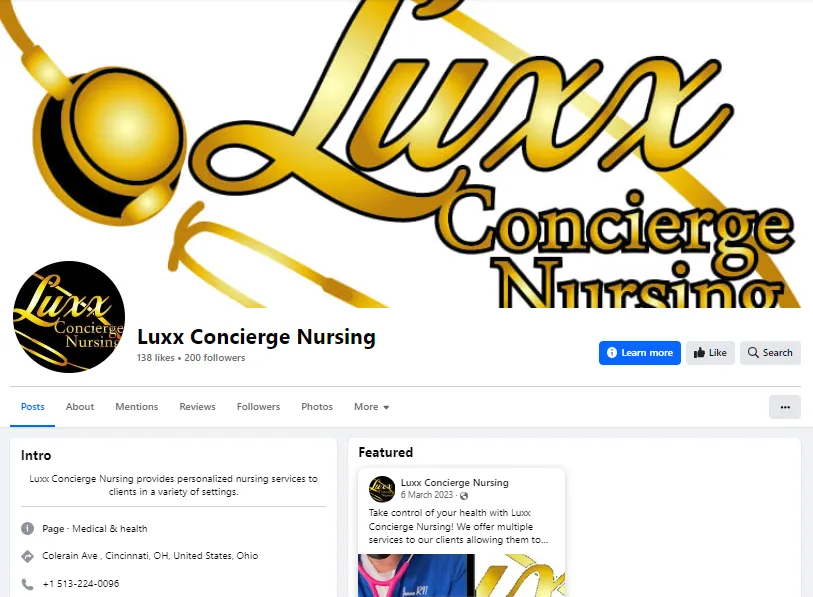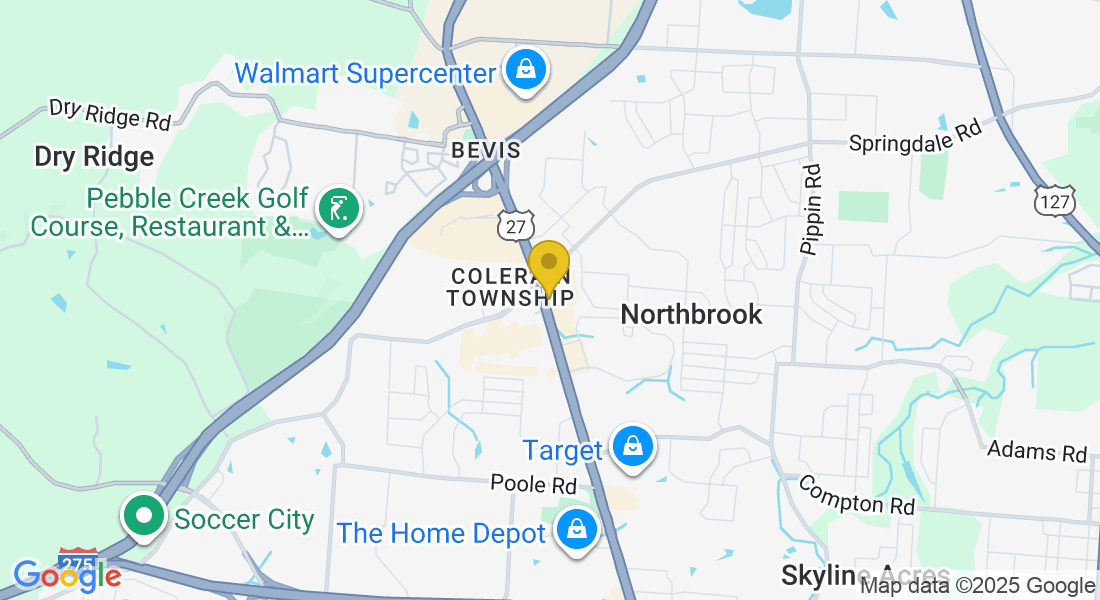Luxx Concierge Blog

Prevention Over Readmission
Hospital stays are often necessary during serious illness or injury, but no one wants to find themselves back in a hospital bed soon after being discharged. Rehospitalizations not only delay full recovery but can also be emotionally and financially draining for patients and families. That's where preventive nursing care comes in. Nurses who focus on proactive, preventive strategies play a powerful role in helping patients stay healthy at home-and out of the hospital. Let's take a closer look at how preventive nursing care makes a life-changing difference in recovery and long-term health.
1. Early Detection of Complications
One of the most valuable aspects of preventive nursing care is the early identification of warning signs. Through regular monitoring of vital signs, wound checks, medication reviews, and symptom assessments, nurses can catch problems-like infections, heart issues, or medication side effects -before they become serious enough to require hospitalization.
Benefit:
Early intervention often means small, manageable treatments at home instead of urgent hospital visits later.
2. Medication Management
Medication errors are a leading cause of rehospitalizations, especially among older adults with multiple prescriptions. Preventive nursing care includes thorough medication reviews, education on proper dosing, and monitoring for side effects or interactions.
Benefit:
Better medication adherence and fewer adverse drug reactions drastically lower the risk of emergency hospital visits.
3. Personalized Education and Support
Knowledge is power. Preventive nurses spend time educating patients and their families about managing chronic conditions, recognizing red
flags, and sticking to care plans. Teaching patients about diet, exercise, wound care, and disease management empowers them to take charge of their health.
Benefit:
Informed patients make better decisions at home, leading to stronger recoveries and fewer complications that necessitate re-hospitalization
Coordination of Care
Preventive nurses serve as critical bridges between primary care providers, specialists, therapists, and patients. They ensure that everyone is on the same page, appointments are scheduled, prescriptions are filled, and follow-up care is not overlooked.
Benefit:
Seamless communication among healthcare providers reduces medical errors, gaps in treatment, and the need for readmission.
5. Chronic Disease Management
Conditions like heart failure, COPP, and diabetes are major drivers of hospital readmissions. Preventive nursing includes creating tailored care plans that address these diseases head-on- helping patients control their conditions through monitoring, lifestyle adjustments, and timely interventions.
Benefit:
Better chronic disease management leads to fewer exacerbations and emergencies requiring hospital care.
6. Emotional and Mental Health Support
Recovery isn't just physical. Anxiety, depression, and emotional distress after a hospitalization can negatively impact health outcomes. Preventive nurses are trained to recognize mental health challenges and connect patients with the right resources early on.
Benefit:
Holistic care that addresses emotional well-being contributes to better overall recovery and a lower risk of complications.
The Bottom Line: Prevention is Powerful
Preventive nursing care is not just about keeping patients comfortable-it's about keeping them safe, strong, and at home where they belong. By focusing on education, early intervention, chronic disease management, and seamless communication, nurses play a vital role in reducing avoidable rehospitalizations.
When nurses lead with prevention, patients lead stronger lives.

Browse our Website





